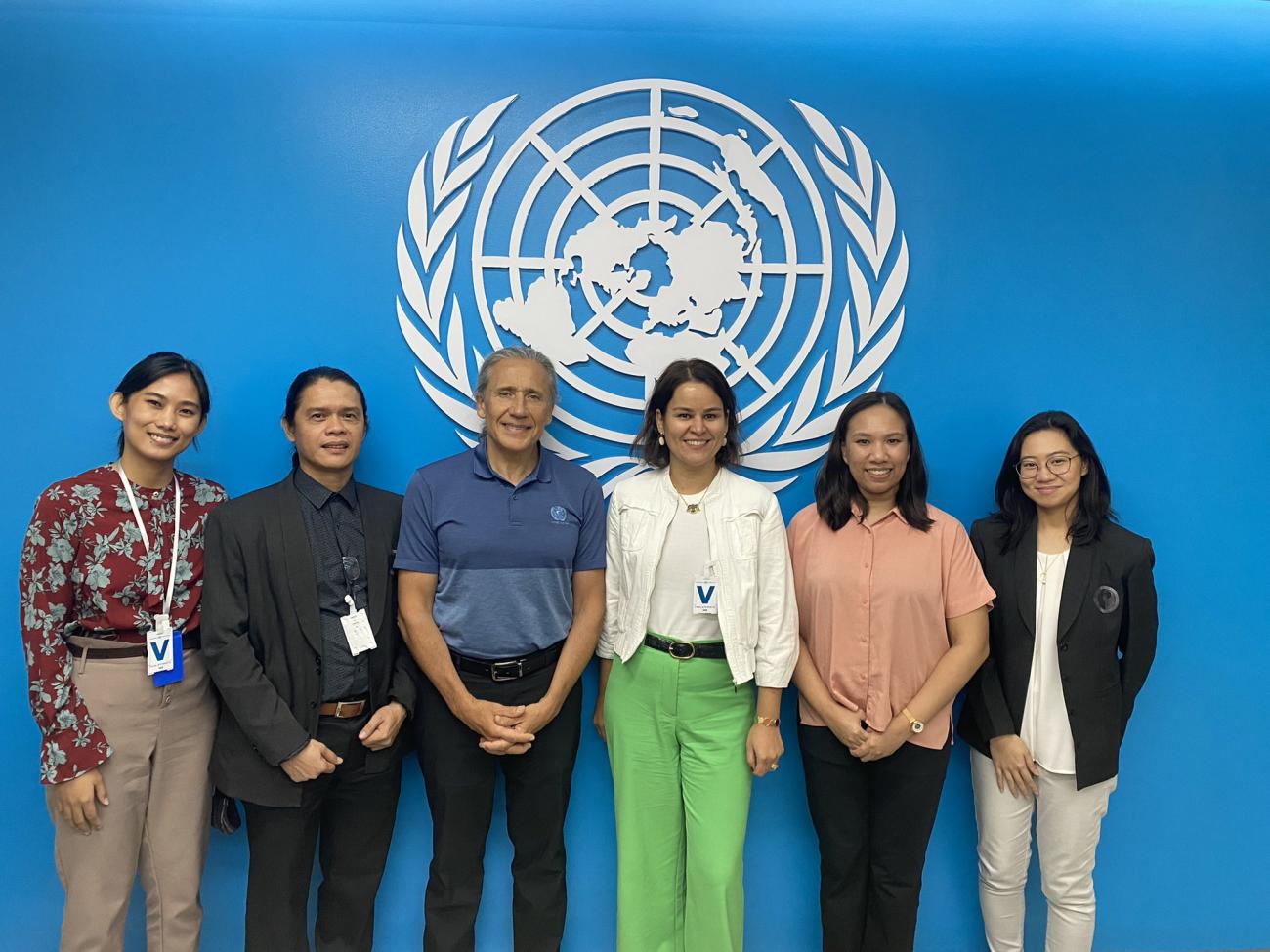Good Afternoon and Welcome,
Thank you very much for joining us at today’s first Consultative Multi-stakeholder Workshop on Building Resilience and Competitiveness Towards a Sustainable Tourism Sector to Develop a Long-Term Sustainable Tourism Vision for The Philippines.
The outcomes of today’s discussion as well as UNEP’s conference yesterday and today on Transforming Tourism co-organized with DOT and PCESDI and supported by the German Government will inform discussion for our forthcoming UN SPF from 2024 to 2028.
As you are all probably aware, in the Philippines, the tourism sector is considered one of the backbones of the country’s economy. Aside from the rich flora and fauna found in the country, the Philippines’ culture attracts many people to visit the country, making the tourism sector a key economic and social development pillar with an important potential for sustainable growth, employment, technological innovation and investment, among others.
In 2019, tourism contribution to the national GDP amounted to 12.7%, and 13.5% to employment. The sector accounts currently for 5.2% of GDP with its contribution expected to return to 2019 levels in 2023 with around 12%. Despite the pandemic impact on the sector, the tourism continues to represent 11% of total employment in the Philippines.
This scale of economic activity has major impacts on the global and local environment, such as through pollution and waste, depletion of natural resources like water, energy and land as well as increasing greenhouse gas (GHG) emissions. According to the World Travel and Tourism Council’s report A Net Zero Roadmap for Travel and Tourism (2021), currently available estimates of emissions from the travel and tourism sector (pre-pandemic) amount from 8 to 11% of global GHG emissions, with the accommodations sector contributing at least 6% and the food & beverage sector 9% of this contribution.
At the same time, tourism is highly vulnerable to the triple planetary crises of climate change, loss of biodiversity and pollution, including extreme weather events, forest fires, rising sea levels, loss of coral reefs, food-insecurity, damages to assets, and increasing insurance costs and safety concerns.
While the pandemic hit the tourism economy at its core leading to a near-complete cessation of tourism activity in some tourism destinations in the Philippines and affecting severely the 99.51% MSMEs tourism businesses, these impacts provide an opportunity to rethink tourism operations and take steps today which can shape a more resilient, sustainable and inclusive tourism economy for the future.
Tourism can be a driver of positive change as it cuts across major sectors for climate and environmental change such as transportation, infrastructure, food, and creatives. Shifting towards sustainable consumption and production in tourism offers vast opportunities to protect the environment while also fostering social inclusion and sustainable economic development through decent jobs.
Protecting the climate and nature, and limiting pollution and waste, is not only a smart economic decision, but non-negotiable for future tourism prosperity in the Philippines.
For this reason we have organized today’s first consultation specifically on tourism with the objectives of:
- Discussing jointly the current opportunities and challenges for tourism transformation.
- Reiterating the importance of sustainable tourism to build the competitiveness and resilience of this sector towards achieving Agenda 2030 (SDGs) and national priorities.
- Understanding and creating synergies/collaboration and combining efforts for a larger impact
-- Ends --







